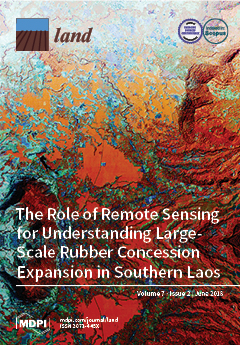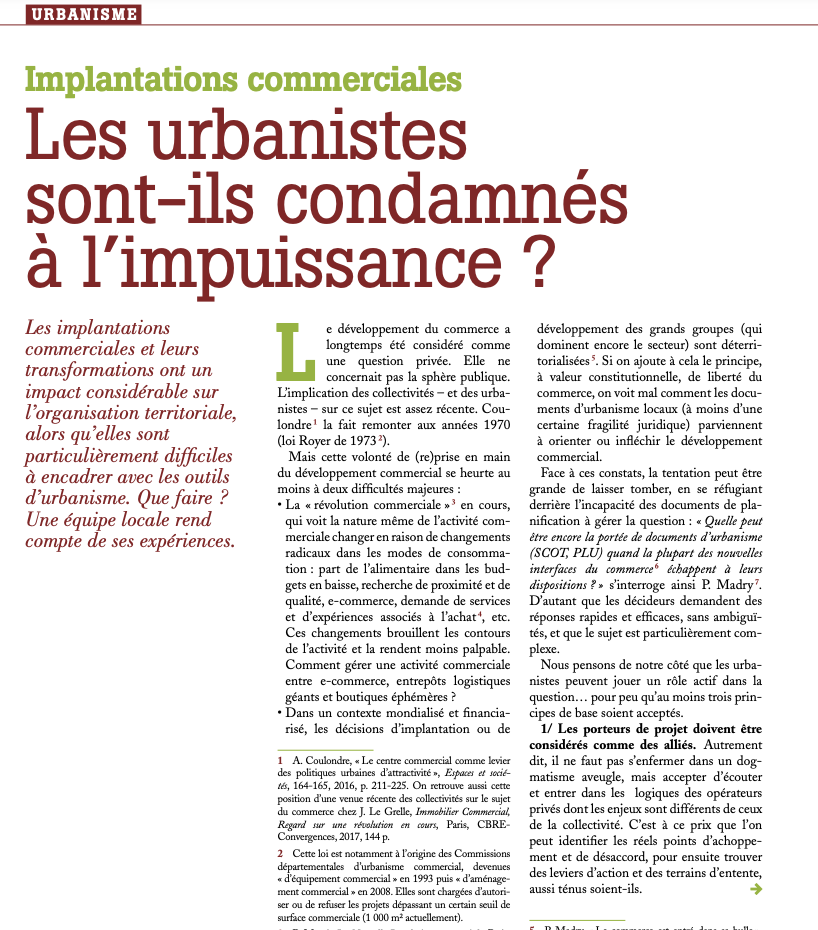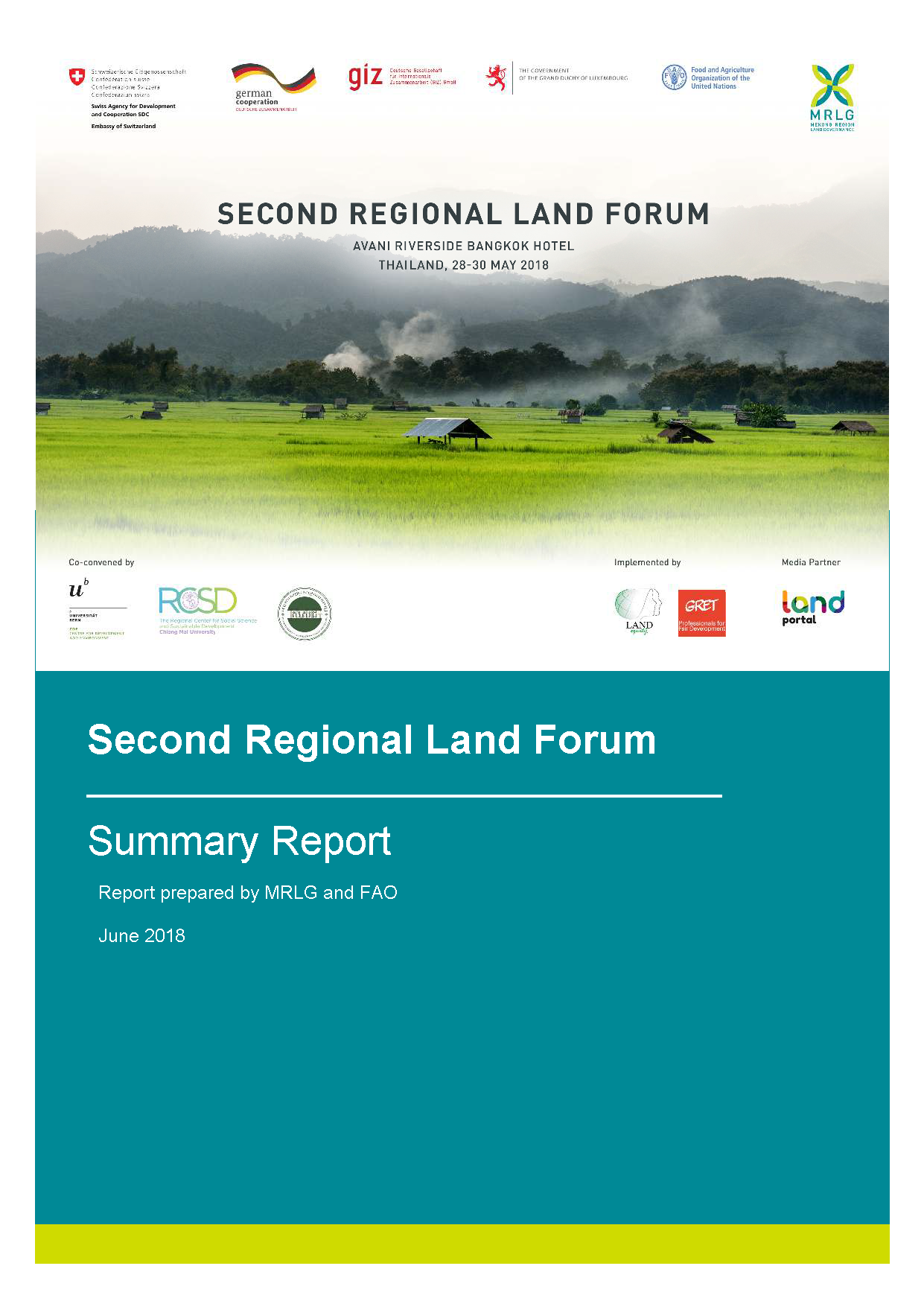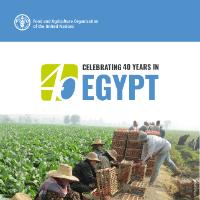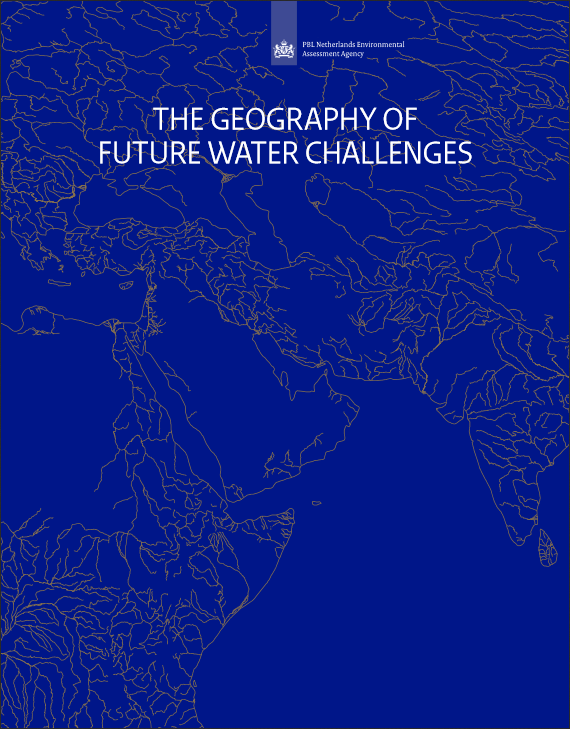Participatory Land Use Planning for Climate-Smart Villages: Guidelines and References
Participatory land-use planning (PLUP) refers to a bottom-up method of analyzing land and water resources. In its current form, PLUP integrates inputs about climate change and sea level rise to help the community utilize the resources within its vicinities. In utilizing its resources, the community will be able to improve the people’s livelihoods and help them sustain such resources for the benefit of the next generations. This publication in implementing PLUP focused on climate-smart adaptation in Climate-Smart Villages (CSVs).


